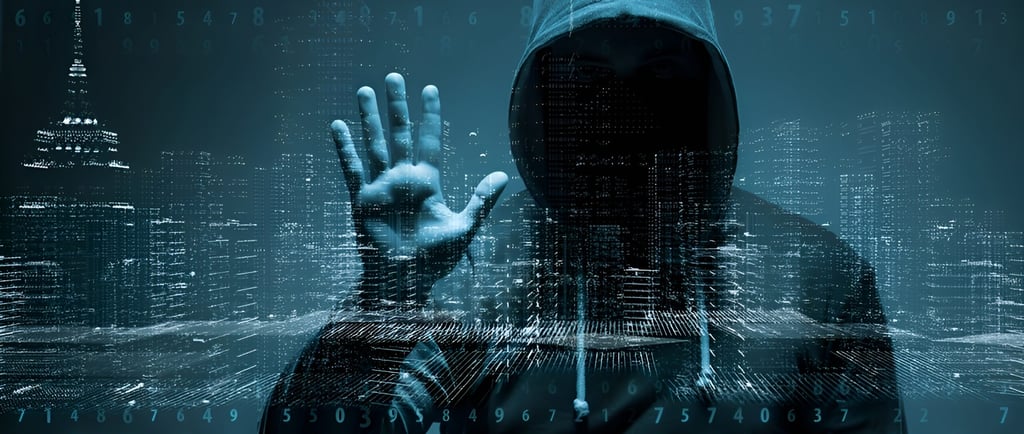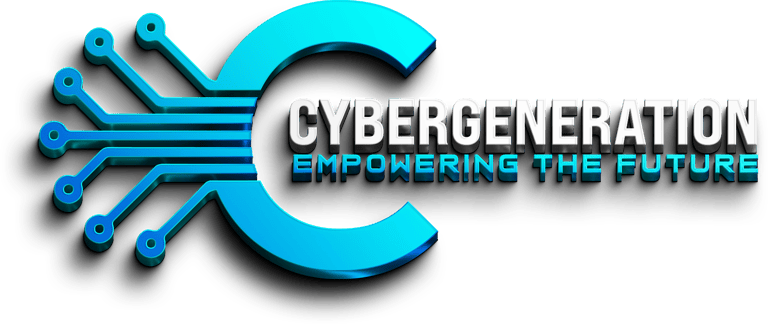Exploring the Shadows: What Really Happens on the Dark Web?
BLOGS


If the internet you know is a well-lit city street, the Dark Web is the hidden alley behind it—anonymous, mysterious, and sometimes dangerous. Often misunderstood and sensationalized, the Dark Web is home to far more than illicit activity, yet undeniably, its darker aspects captivate many. Today, let's look into the shadows, exploring hidden marketplaces, terminology, and the goods secretly traded within this concealed part of the internet.
What Exactly is the Dark Web?
The Dark Web refers to a segment of the internet intentionally hidden from standard search engines. It can only be accessed using specialized tools like Tor, which anonymize users’ identities and locations. Though it's commonly confused with the Deep Web—simply the unindexed portion of the internet—the Dark Web is specifically known for its anonymity and encrypted content.
Dark Web Marketplaces: Hidden Black Markets
Anonymous and hidden, Dark Web marketplaces resemble Amazon or eBay—but often for illegal goods and services. Some of the most infamous include:
Silk Road (shut down in 2013; the pioneer in online illicit trade)
AlphaBay (once the largest market, seized in 2017; recently relaunched)
Hansa Market (taken down by law enforcement in a famous sting operation)
Hydra Market (Russian-language market, formerly the largest before seizure in 2022)
Versus Market, Bohemia Market, Vice City (currently operational at various scales)
Despite frequent takedowns, new markets constantly emerge, adapting to law enforcement tactics.
Goods and Services on the Dark Web
While not everything on the Dark Web is illegal, here's what’s often traded in these hidden corners:
Illegal Goods:
Drugs & Narcotics: Most common, including marijuana, cocaine, heroin, opioids, and synthetic drugs.
Weapons and Ammunition: Firearms, ammunition, explosives, and even DIY instructions.
Stolen Data & Hacking Services: Personal identities, credit cards, passwords, databases, and hacking software.
Fake Documents: Passports, driver’s licenses, IDs, diplomas, and counterfeit money.
Malware and Cybercrime Tools: Ransomware kits, trojans, and botnets.
Illegal Services:
Hacking-for-Hire: Cybercriminals offer hacking attacks, website defacement, or corporate espionage.
Financial Fraud Services: Money laundering, counterfeit financial instruments, forged documents.
Darknet Hitmen (mostly scams but still frequently advertised): Paid assassination services—often exposed as scams, though they still pose serious ethical and legal issues.
Dark Web Jargon and Terminology
Navigating the Dark Web requires familiarity with specific slang and terms.
Exit Scam: When marketplace operators steal money or cryptocurrency from users before disappearing.
Doxing: Revealing someone’s private information publicly, often maliciously.
Escrow: Third-party system used to temporarily hold funds during marketplace transactions to build trust.
OPSEC (Operational Security): Practices users follow to maintain anonymity and avoid detection.
PGP (Pretty Good Privacy): Encryption method used by buyers and sellers to communicate privately.
Bitcoin Mixer/Tumbler: Service used to anonymize cryptocurrency transactions.
How Transactions Work
Dark Web transactions typically involve cryptocurrencies (primarily Bitcoin and Monero) due to their relative anonymity. Buyers send funds to an escrow wallet controlled by the marketplace. Sellers then dispatch goods or services, and once buyers confirm receipt, the marketplace releases payment to sellers.
To further conceal transactions, users often employ mixers or tumblers, obscuring the crypto's origin.
Law Enforcement and Dark Web Crackdowns
Law enforcement frequently targets Dark Web marketplaces with coordinated international operations:
Operation Onymous (2014): FBI and Europol shut down over 400 Dark Web websites.
AlphaBay and Hansa Takedowns (2017): Major marketplaces were shut down, with Hansa covertly operated by police to track criminals.
Hydra Market seizure (2022): Largest-ever Darknet market shut down, with significant seizures of cryptocurrency and arrests.
Despite these efforts, the anonymity provided by Tor and cryptocurrency continues to present a significant challenge.
Not Everything Dark is Illegal
Although the Dark Web is synonymous with crime in popular culture, it also hosts:
Journalists & Whistleblowers: Sharing information anonymously.
Political Activists: Communicating safely in oppressive regimes.
Privacy Enthusiasts: Simply aiming for a surveillance-free browsing experience.
Safety and Ethical Concerns
Exploring the Dark Web carries real risks. Law enforcement regularly monitors hidden marketplaces, setting up sting operations. Additionally, the marketplace landscape is filled with scams and fraudulent services.
Legal risks: Engaging in illegal activities can lead to serious charges.
Security risks: High likelihood of malware, hacking attempts, and identity theft.
Ethical risks: Supporting criminal activities, even unintentionally, has significant ethical implications.
Conclusion: Beyond the Sensationalism
The Dark Web is a complicated ecosystem—a space simultaneously fostering criminality and safeguarding human rights. Understanding the hidden operations, terminology, and marketplace dynamics provides a nuanced perspective beyond headlines and sensationalism.
Knowledge empowers responsible choices. Whether driven by curiosity or necessity, anyone exploring this hidden digital realm should tread cautiously, aware of the genuine risks and implications.
